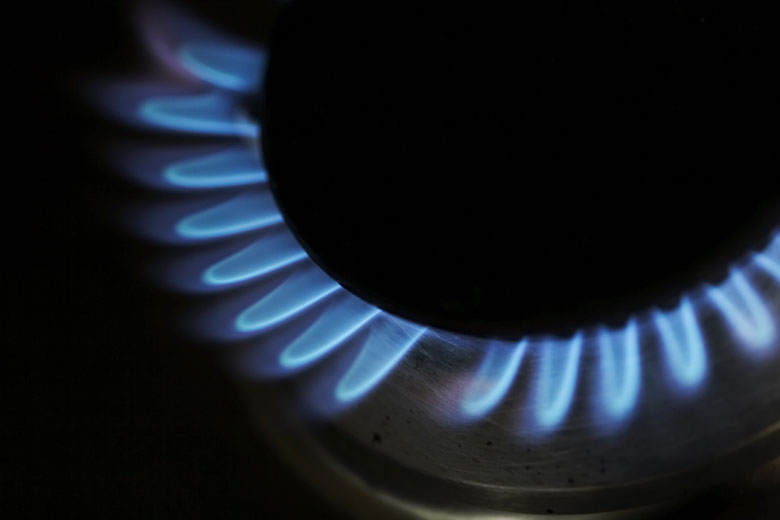We are proud to be supporting Gas Safety Week 2023, taking place from the 11th – 17th September.
Gas Safety Week is an annual safety week to raise awareness of gas safety and the importance of taking care of your gas appliances. It is coordinated by Gas Safe Register, the official gas registration body in the UK and which has the official list of gas engineers who are allowed to carry out gas work legally.

Gas appliances which are badly fitted or not regularly serviced can cause gas leaks, fires, explosions, and carbon monoxide (CO) poisoning. Household gas appliances that can cause carbon monoxide include:
- Gas boilers
- Gas cookers and clay ovens
- Gas or paraffin heaters
- Wood, gas and coal fires
- Portable generators
Turning on lawn mower engines in your garage can also cause a build-up of carbon monoxide.
What is carbon monoxide?
Carbon monoxide is a highly poisonous gas that is produced from the incomplete burning of natural gas or other products containing carbon. It is deadly as you can’t see, taste or smell it, therefore it is difficult to detect and can kill quickly without warning.
What are the signs of a carbon monoxide leak?
Here are signs to look out for that could indicate that your gas appliance isn’t working properly:
- Floppy yellow or orange flame on your gas hob, rather than a crisp blue flame
- Dark, sooty or brownish-yellow staining on or around your gas appliances
- Increased condensation inside windows
- The boiler pilot light (the flame that lights the gas provided by the main burner) keeps going out
What are the symptoms of carbon monoxide poisoning?
The six main symptoms of carbon monoxide poisoning are:
- Headaches
- Nausea or vomiting
- Dizziness
- Shortness of breath
- Collapse
- Unconsciousness
If you think you or someone in your household might have carbon monoxide poisoning, you should do the following:
- Turn off the gas appliance immediately
- Open all doors and windows
- Leave the house and get fresh air immediately
- Contact your GP
If you’re concerned there is immediate danger, call the gas emergency helpline on 0800 111 999 (mainland GB), 0800 002 001 (Northern Ireland) or look up the number for your UK region on the Gas Safe Register.
What can you do to avoid the risk of carbon monoxide poisoning?

- Avoid blocking vents as they are there for a reason – to keep the air fresh and healthy indoors.
- Keep your chimneys clean and well maintained.
- Never try to fix or install a gas appliance yourself. If you suspect there is something wrong with your appliance or it is not working correctly, call a Gas Safe registered engineer.
- Fit an audible carbon monoxide alarm in each room. Check they are marked EN50291 and display the British Standards Kitemark.
- Make sure your boiler is serviced annually by a Gas Safe registered engineer. Tenants – make sure your landlord arranges this. You can set a reminder so you don’t forget at StayGasSafe.co.uk.
Check your engineer is qualified for the type of gas work you need doing e.g. natural gas, domestic boiler. You can find this information on the back of their Gas Safe ID card and on the Gas Safe Register website (GasSafeRegister.co.uk). Alternatively call their free helpline on 0800 408 5500.